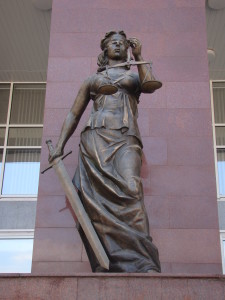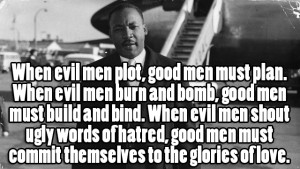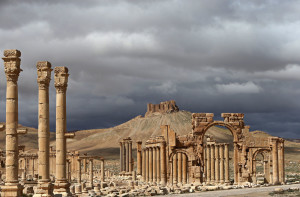The situation in Israel seems to be deteriorating. Violence continues to escalate with the knife as a weapon of choice and fear is spreading as attacks come from seemingly out of nowhere. The natural and proper inclination is for law enforcement to become even more vigilant in order to prevent attacks and not only respond. But the police however must be judicious in how they protect the citizens of Israel.
Israel is a nation of laws. She prides herself on having a legal system similar to the American ideal founded on the principle of Equal Protection under the law. Now this system is being severely tested and Israel’s heart and soul are at risk. If Israel permits the profiling of people and the preemptive assault on individuals outside the prescribed due process of the legal system, then she loses and the terrorists win. Israel cannot be democratic if she limits the application of law to select privileged classes, such as Jews, while others, such as Arabs, fall outside that sphere. A crack down on terrorism cannot come at the price of the foundational principles of Israel. A restoration of calm is necessary. The violence and barbaric nature of these attacks on civilians (police included) are certainly not random acts. Israel must carefully consider how to properly respond.
Is this a mass response to “occupation” or are these individual actors perpetrating crimes as copycats? It certainly seems to not be the latter. Even if not expressly ordered by a central control, the attacks are coordinated. The first order is to restore calm. The second order is to cool the boiling over of the cauldron. Repression of an entire group, such as the Arabs of East Jerusalem, and sealing off of that portion of the city, will provide a temporary subduing of these attacks. A closer and deeper look at the grievances that encourage this violence as a legitimate response is required. Then deliberate steps must be taken to create a society that is fair and just.
I do not condone or legitimize the violence. Those that have perpetrated these attacks should be duly punished for breaking the laws of the State and of civilized society. Now it is up to the State and civilized society to solve the problems that have contributed to fomenting such deep discontent with a system of justice that speaks to everyone.



